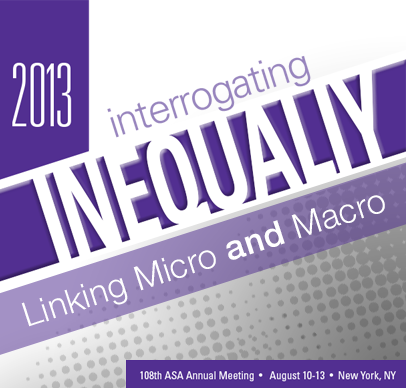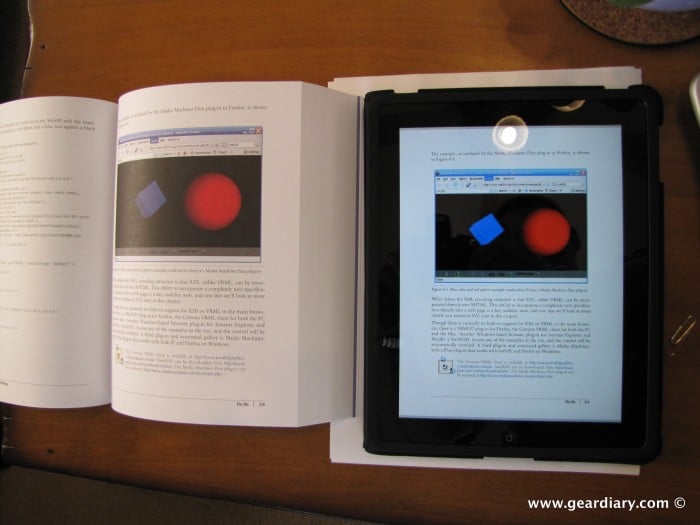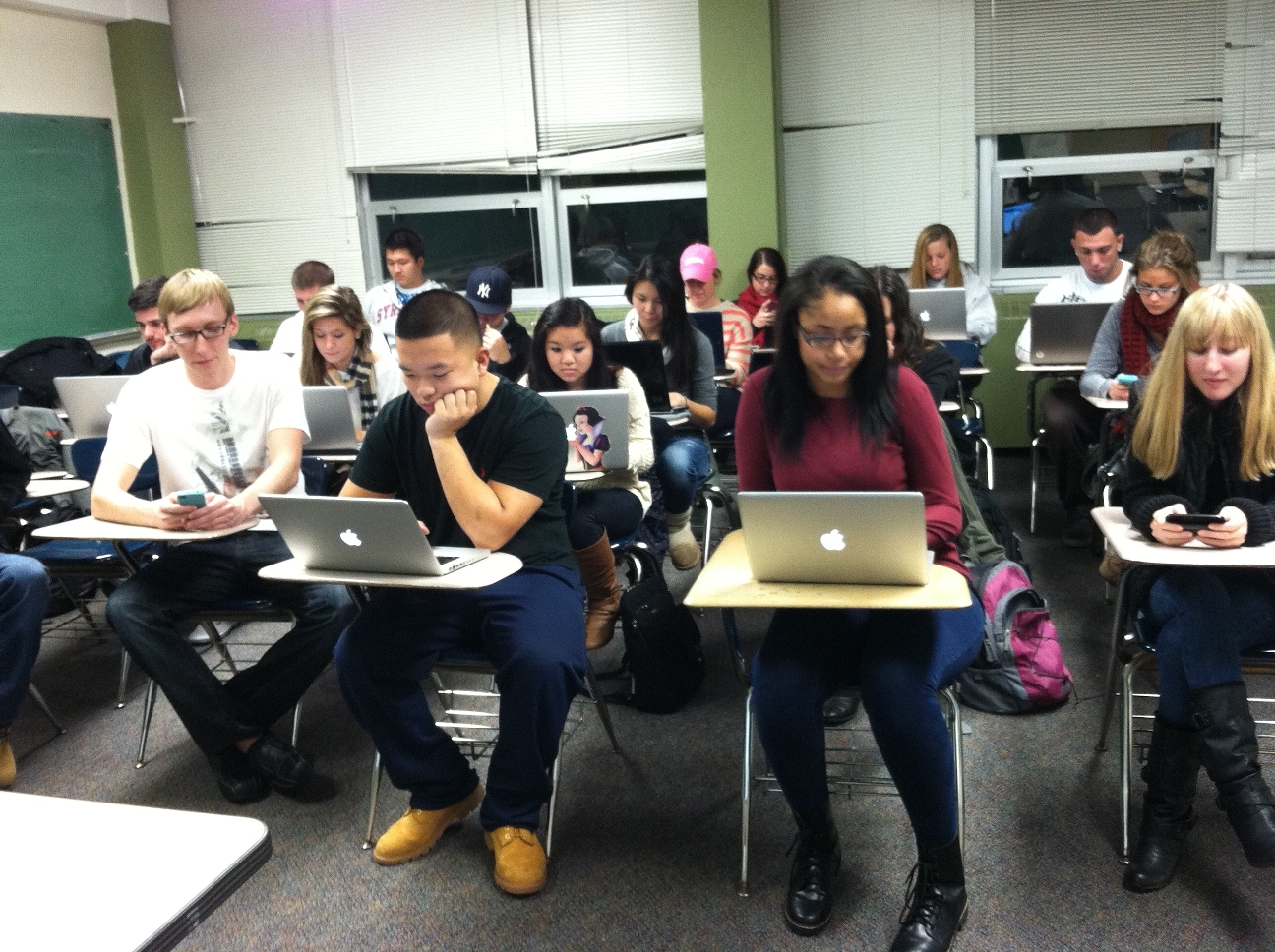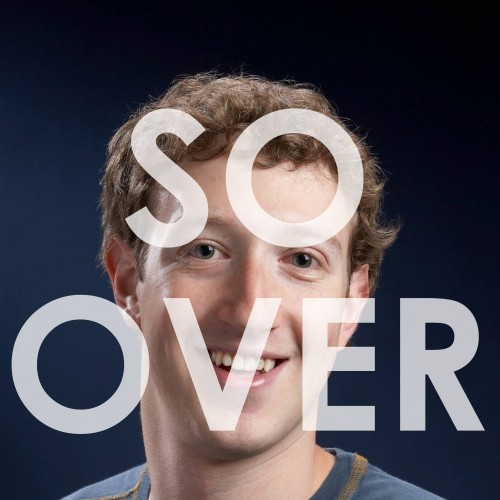 During the 2013 Annual Meeting of the American Sociological Association (#ASA13) in New York this last week, I was reminded of the post that I wrote last year before #ASA2012 in which I encouraged tweeting academics to reach out to non-tweeting academics to bridge the gap between those who participate on the conference hashtags at ASA and those who don’t. Nathan Jurgenson (@nathanjurgenson) followed up with a post titled, “Twitter isn’t a Backchannel,” in which he made the point that the term “backchannel” perpetuates digital dualist ideas of what does and doesn’t count as “real” participation at a conference:
During the 2013 Annual Meeting of the American Sociological Association (#ASA13) in New York this last week, I was reminded of the post that I wrote last year before #ASA2012 in which I encouraged tweeting academics to reach out to non-tweeting academics to bridge the gap between those who participate on the conference hashtags at ASA and those who don’t. Nathan Jurgenson (@nathanjurgenson) followed up with a post titled, “Twitter isn’t a Backchannel,” in which he made the point that the term “backchannel” perpetuates digital dualist ideas of what does and doesn’t count as “real” participation at a conference:
There is no “backchannel”, there is no more or less “real” way to exist within this atmosphere of information, yet we continue to hear that the Twitter distraction whisks people away from the “real” conference in favor of something separate and “virtual.” Each time we say “real” or “IRL” (“in real life”) to mean offline, we reify the digital dualist myth of a separate digital layer “out there” in some ‘cyber’ space. And when we call Twitter a “backchannel” to mean a separate conversation, running tangent to the offline conference in some space behind precious face-to-face exchanges, we continue to support this digital dualism. The implicit, and incorrect, assumption is that the on and offline are zero-sum, that being offline means being not online, and vice versa.
In the comments, I agreed that Nathan had a point: “backchannel” really isn’t a great term for what we-who-livetweet do when we tweet at a conference. But what, I asked, should we call this activity? more...







